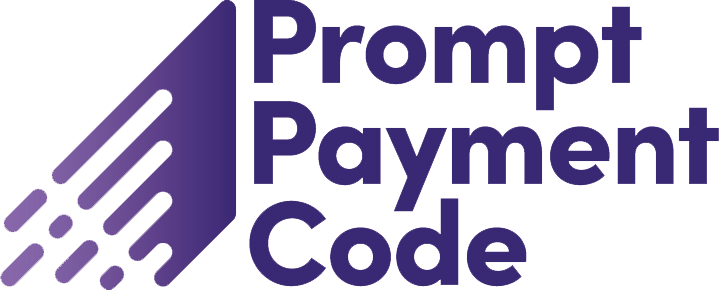Val Jonas shares her expert opinions in Compliance Week on the future of compliance opportunities after Brexit, by Neil Hodge.
Below are Val’s contributions on this fascinating topic.
“Brexit is a big opportunity for compliance to show its skills and to be the “communicator” between the board and the operational sides of the business. “Risk is all about leveraging the opportunities from change, and whom better to understand the regulatory and legal changes that Brexit will present than the compliance function,” says Jonas.
If compliance is going to add greater value and provide more assurance, however, Jonas says, then it has to get more involved in the business, understand how it works, and the key risks that it faces. “If the function is going to advise how parts of the business may be able to gain a competitive advantage from the changes that Brexit will create, it needs to know how these business areas operate, as well as get a better understanding of how they work within the existing regulatory framework and how they identify business opportunities,” she says.
According to Jonas, one of the key areas where compliance can make an important impact is about providing the board with possible Brexit scenarios—for every possibility ranging from “hard Brexit” to a second referendum. “There are a lot of ways that Brexit can pan out—and not just in terms of ‘hard’ and ‘soft’ Brexit—and compliance needs to spell out these scenarios to the board and let them know what the potential impact could be of each of them. This will help the board have a better understanding of the situation and will also inform decision making and strategy,” she says.
Jonas also says that heads of compliance can tell the board what other companies in their sector are doing to prepare for Brexit and how they intend to leverage the opportunities that the split from the European Union may create. Compliance can also conduct assessments and test current policies, controls, and protocols to see if they are robust and whether they can be changed quickly to respond to legislative and regulatory changes.”










